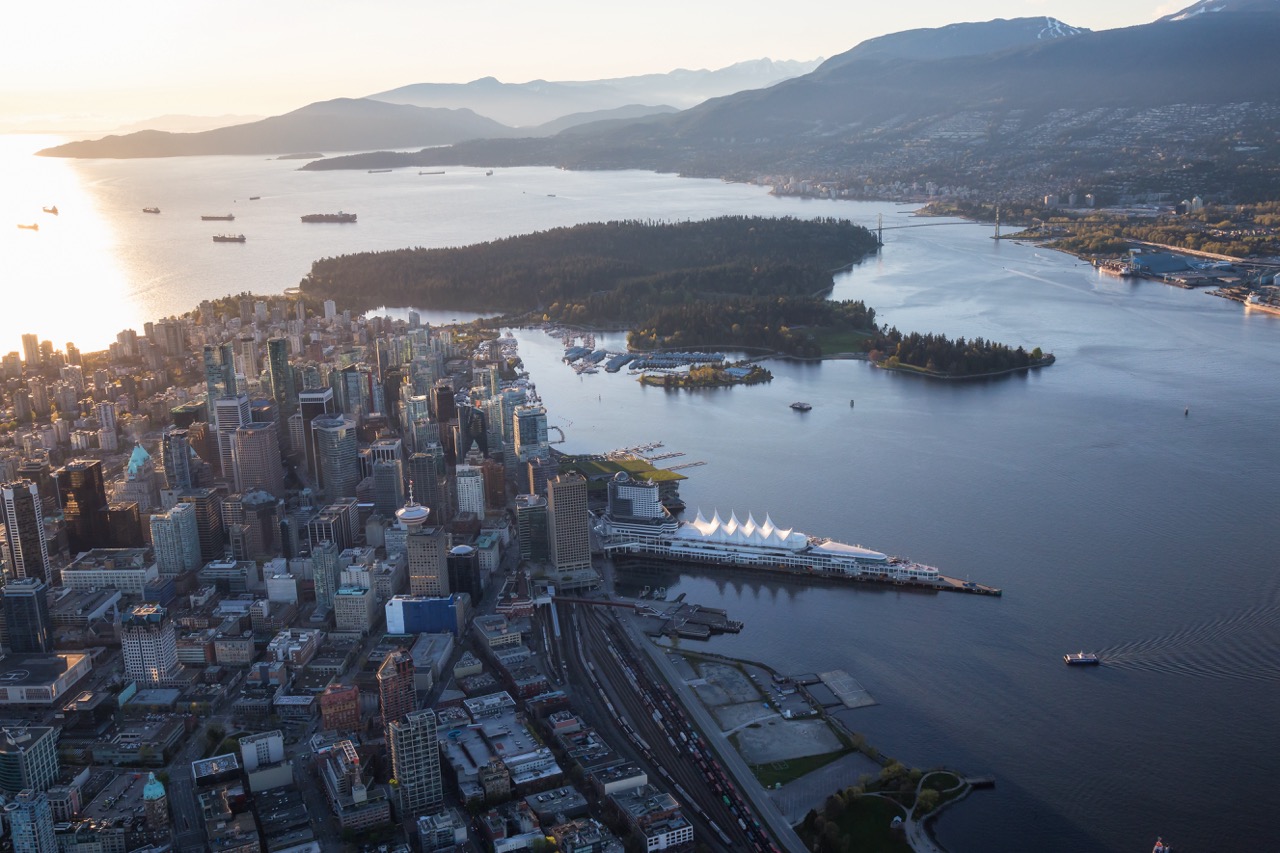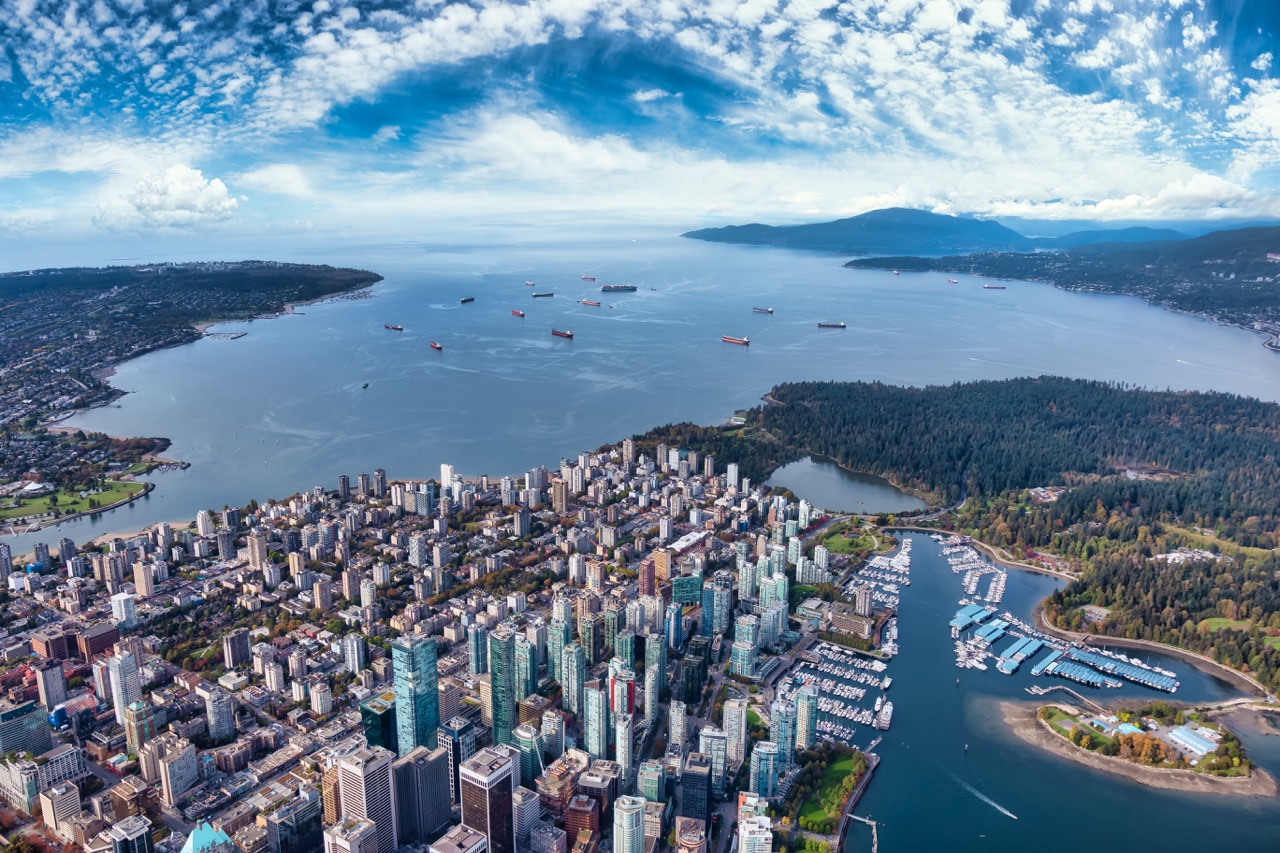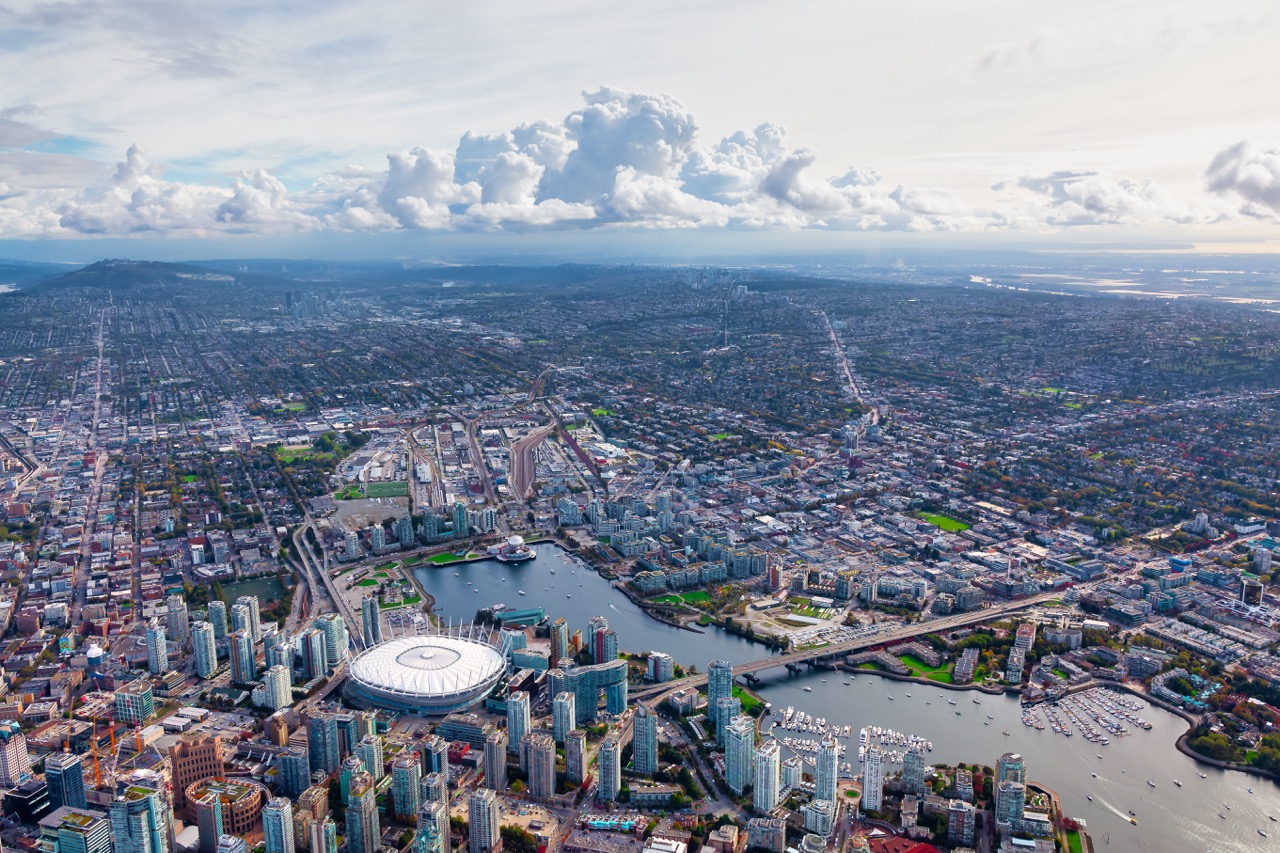Marine conservation has become one of the most pressing environmental issues in British Columbia (BC), a province renowned for its stunning coastlines and rich biodiversity. The intricate balance of marine ecosystems plays a crucial role in sustaining both natural habitats and human livelihoods. As threats to these ecosystems continue to emerge, understanding their significance and the need for conservation efforts has become paramount. This article explores the importance of marine conservation in BC, highlighting the ecological, economic, and social dimensions of preserving the marine environment.
Understanding Marine Ecosystems in British Columbia Today
British Columbia boasts some of the most diverse and productive marine ecosystems in the world. The Pacific Ocean is home to a multitude of species, including fish, marine mammals, and invertebrates, all of which interact in complex ways that maintain ecological balance. This diversity is supported by various habitats, such as kelp forests, coral reefs, and estuaries, which provide crucial services like nutrient cycling and coastal protection. Yet, this intricate web of life faces unprecedented pressures due to human activity.
Recent studies have highlighted changes in marine ecosystems attributed to climate change, overfishing, pollution, and habitat destruction. These changes not only threaten the species that inhabit these ecosystems but also disrupt the services they provide to human communities. Researchers warn that the degradation of marine habitats can lead to a decline in fish populations, which are vital for food security and economic stability in many coastal communities. As such, understanding the current state of marine ecosystems is essential for implementing effective conservation strategies.
The health of BC’s marine ecosystems is also closely tied to the well-being of Indigenous communities, whose cultural practices and livelihoods depend on sustainable access to marine resources. The integration of traditional ecological knowledge with scientific research can provide a more holistic understanding of marine ecosystems and inform conservation efforts. Consequently, recognizing the interconnectedness of these systems is key to fostering a more sustainable relationship with the ocean.
The Role of Biodiversity in Coastal Resilience and Health
Biodiversity plays a pivotal role in enhancing the resilience of coastal ecosystems in British Columbia. A diverse array of species contributes to the stability and resilience of marine environments, enabling them to better withstand and recover from disturbances such as storms and pollution. For example, healthy kelp forests and seagrass beds act as natural buffers against coastal erosion and provide critical habitat for numerous marine species. The loss of biodiversity weakens these systems, making them more vulnerable to climate change and other anthropogenic impacts.
Moreover, biodiversity is essential for maintaining the health of fish populations, which are crucial for both ecological balance and economic livelihoods. A diverse gene pool within fish populations increases their adaptability and resilience to changing environmental conditions, such as rising ocean temperatures and acidification. This genetic diversity not only supports the survival of individual species but also contributes to the overall stability of marine food webs, highlighting the importance of protecting diverse marine habitats.
The relationship between biodiversity and ecosystem services further underscores the need for marine conservation. Healthy ecosystems provide numerous benefits to human communities, including clean water, recreational opportunities, and carbon sequestration. By preserving biodiversity, BC can ensure that these vital services continue to support local communities, economies, and the environment in the face of ongoing challenges.
Economic Impacts of Marine Conservation on Local Communities
The economic implications of marine conservation in British Columbia are substantial. Healthy marine ecosystems directly support industries such as fishing, tourism, and aquaculture, all of which are integral to local economies. The fishing industry, for instance, relies on sustainable fish populations, and conservation efforts aimed at restoring their habitats can lead to increased yields in the long term. By prioritizing marine conservation, BC can enhance the sustainability and profitability of its coastal industries.
Tourism is another sector that greatly benefits from marine conservation. Coastal areas known for their natural beauty and biodiversity attract millions of visitors each year, creating jobs and generating revenue for local communities. Conservation initiatives, such as the establishment of marine protected areas (MPAs), can enhance these attractions by safeguarding vulnerable ecosystems and promoting eco-friendly tourism practices. This not only supports local economies but also encourages a greater appreciation for marine environments among visitors.
Furthermore, investing in marine conservation can have long-term economic benefits by mitigating potential costs associated with environmental degradation. The loss of marine biodiversity can lead to declines in fish stocks and increased vulnerability to natural disasters, resulting in significant economic losses for coastal communities. By prioritizing conservation efforts, BC can help ensure the resilience of its marine resources, ultimately contributing to the economic sustainability of its coastal regions.
Threats to Marine Life and Their Implications for BC
Marine life in British Columbia faces a range of threats that have significant implications for both ecosystems and human communities. Overfishing remains a critical concern, as unsustainable catch levels continue to deplete fish populations and disrupt marine food webs. The decline of keystone species, such as salmon, has cascading effects on the entire ecosystem, affecting not just marine life but also the livelihoods of communities that depend on fishing.
In addition to overfishing, climate change poses a major threat to BC’s marine ecosystems. Rising ocean temperatures and acidity levels can lead to shifts in species distribution, coral bleaching, and the loss of sensitive habitats. These changes can compromise the resilience of ecosystems and alter the dynamics of marine food webs, further jeopardizing fish stocks and marine biodiversity. The impacts of climate change are not uniform; vulnerable populations, particularly Indigenous communities, may face the brunt of these changes as they rely heavily on marine resources for their cultural practices and sustenance.
Pollution, including plastic waste and chemical runoff, further exacerbates the challenges facing marine ecosystems. Contaminants can accumulate in the food chain, affecting the health of marine species and, ultimately, human consumers. The implications of pollution extend beyond ecological concerns, as they can lead to economic losses in fisheries and tourism industries. Addressing these threats requires coordinated efforts at local, provincial, and national levels, emphasizing the urgency of marine conservation in BC.
Effective Strategies for Promoting Marine Conservation Efforts
To effectively promote marine conservation in British Columbia, a multifaceted approach is essential. One key strategy involves establishing and expanding marine protected areas (MPAs), which safeguard critical habitats and allow ecosystems to recover. Research indicates that well-managed MPAs can lead to increased biodiversity and fish populations, ultimately benefiting local fisheries. Engaging communities in the planning and management of these areas can enhance compliance and foster a sense of stewardship among local residents.
Education and outreach are also crucial components of successful marine conservation efforts. Raising awareness about the importance of marine ecosystems and the threats they face can empower communities to take action. Schools, local organizations, and Indigenous groups can play a pivotal role in disseminating information and encouraging sustainable practices. Initiatives that promote responsible fishing, waste reduction, and marine habitat restoration can contribute to a culture of conservation that resonates with residents and visitors alike.
Collaborative partnerships between government, industry, and non-profit organizations can further enhance marine conservation efforts. By bringing together diverse stakeholders, it is possible to develop holistic strategies that address the ecological, social, and economic dimensions of marine conservation. Effective policy frameworks, informed by scientific research and traditional knowledge, can create a supportive environment for implementing conservation initiatives while balancing the needs of local communities and industries.
The Future of Marine Conservation: Challenges and Opportunities
The future of marine conservation in British Columbia is marked by both challenges and opportunities. Climate change continues to pose significant risks to marine ecosystems, demanding adaptive management strategies that can respond to shifting conditions. Policymakers and conservationists must remain vigilant in monitoring environmental changes and developing proactive approaches to mitigate their impacts. This may involve revisiting existing regulations and enhancing collaboration among stakeholders to ensure the sustainable use of marine resources.
Despite these challenges, there are emerging opportunities for advancing marine conservation in BC. Increased public awareness and advocacy for environmental protection have led to a growing demand for sustainable practices in various industries. The integration of technology, such as remote sensing and data analytics, can enhance monitoring efforts and inform decision-making processes. Moreover, the rise of eco-tourism presents an avenue for generating revenue while promoting conservation, allowing communities to benefit economically from preserving their natural resources.
Ultimately, the success of marine conservation in British Columbia will depend on collective action and a commitment to sustainable practices. Engaging local communities, fostering partnerships, and embracing innovative solutions will be critical in addressing the challenges ahead. By prioritizing marine conservation, BC can safeguard its rich marine heritage for future generations while promoting the health and well-being of its coastal communities.
Marine conservation in British Columbia is not only essential for preserving biodiversity and ecosystem health but also for ensuring the economic stability of coastal communities. As threats to marine life continue to escalate, the urgency for effective conservation strategies becomes increasingly clear. By understanding the complexities of marine ecosystems, recognizing the importance of biodiversity, and addressing economic impacts, stakeholders can work together to promote sustainable practices that benefit both the environment and local livelihoods. The future of marine conservation in BC presents both challenges and opportunities, requiring a dedicated commitment to protecting these invaluable resources for generations to come.





